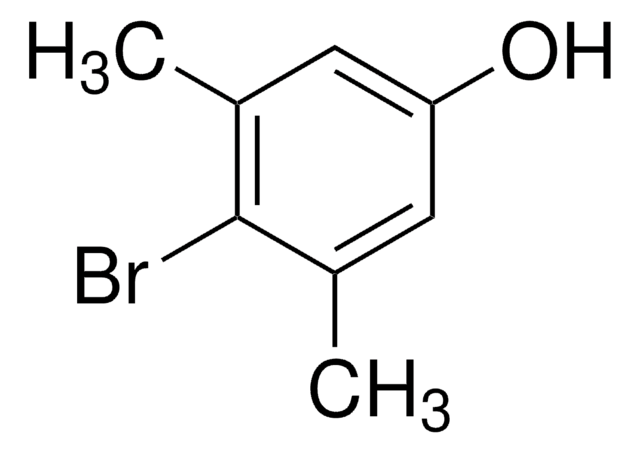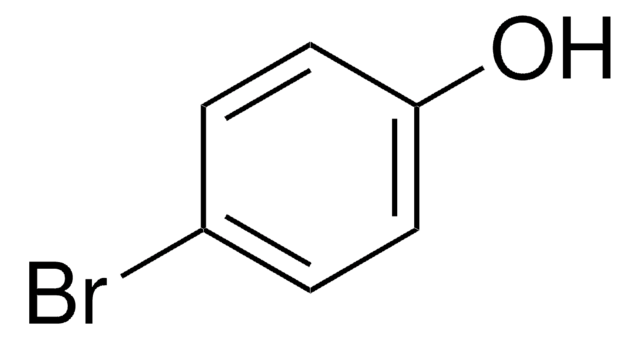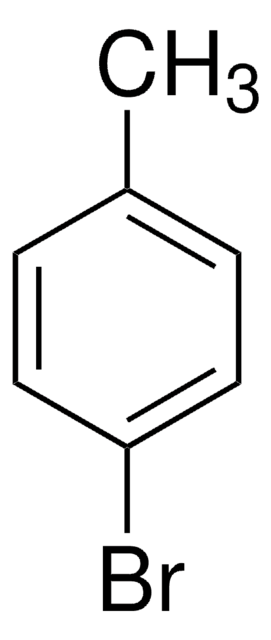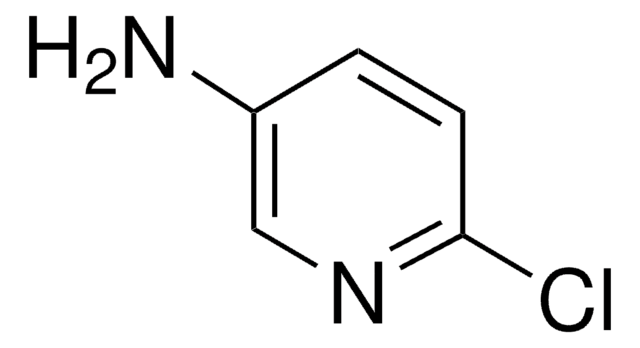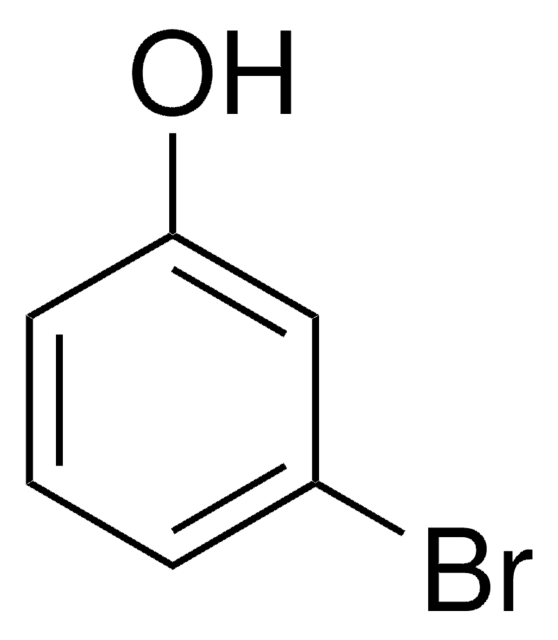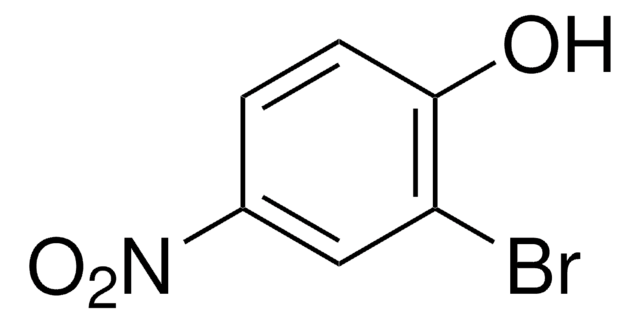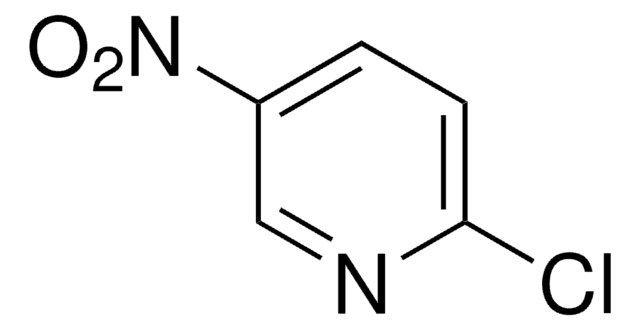196371
4-Bromo-2,6-xylenol
97%
Synonym(s):
4-Bromo-2,6-dimethylphenol
Sign Into View Organizational & Contract Pricing
All Photos(1)
About This Item
Linear Formula:
BrC6H2(CH3)2OH
CAS Number:
Molecular Weight:
201.06
EC Number:
MDL number:
UNSPSC Code:
12352100
PubChem Substance ID:
NACRES:
NA.22
Recommended Products
Quality Level
assay
97%
mp
74-78 °C (lit.)
SMILES string
Cc1cc(Br)cc(C)c1O
InChI
1S/C8H9BrO/c1-5-3-7(9)4-6(2)8(5)10/h3-4,10H,1-2H3
InChI key
ZLVFYUORUHNMBO-UHFFFAOYSA-N
Looking for similar products? Visit Product Comparison Guide
General description
Iodine initiated polymerization of 4-bromo-2,6-xylenol in tetrahydrofuran solution has been investigated. 4-Bromo-2,6-xylenol on bromination in chloroform or carbobn tetrachloride yields 3,4-dibromo-2,6-xylenol and 3,4,5-tribromo-2,6-xylenol.
signalword
Warning
hcodes
Hazard Classifications
Eye Irrit. 2 - Skin Irrit. 2 - STOT SE 3
target_organs
Respiratory system
Storage Class
11 - Combustible Solids
wgk_germany
WGK 3
flash_point_f
Not applicable
flash_point_c
Not applicable
ppe
dust mask type N95 (US), Eyeshields, Gloves
Choose from one of the most recent versions:
Already Own This Product?
Find documentation for the products that you have recently purchased in the Document Library.
Polymerization of Three Bromo-2, 6-xylenols in THF Solution.
Semsarzadeh MA and Price C.
Macromolecules, 10(2), 482-485 (1977)
Spontaneous rearrangement of o-quinobromides.
Ershov VV and Volod'kin AA.
Russian Chemical Bulletin, 14(2), 313-318 (1965)
Yang Wu et al.
Water research, 169, 115202-115202 (2019-11-02)
The degradation of tetrabromobisphenol A (TBBPA), one of the most widely used brominated flame retardant, was evaluated during peroxymonosulfate (PMS) oxidation. TBBPA degradation was pH-dependent, with peak degradation rate constants occurring at pH 8.0-9.0, which was distinct from some other
Nikola Vaňková et al.
Journal of chromatography. A, 1409, 152-158 (2015-07-29)
The effect of gradient steepness on the kinetic performance limits and peak compression effects has been assessed in gradient mode for the separation of phenol derivatives using columns packed with 2.6μm core-shell particles. The effect of mobile-phase velocity on peak
Our team of scientists has experience in all areas of research including Life Science, Material Science, Chemical Synthesis, Chromatography, Analytical and many others.
Contact Technical Service